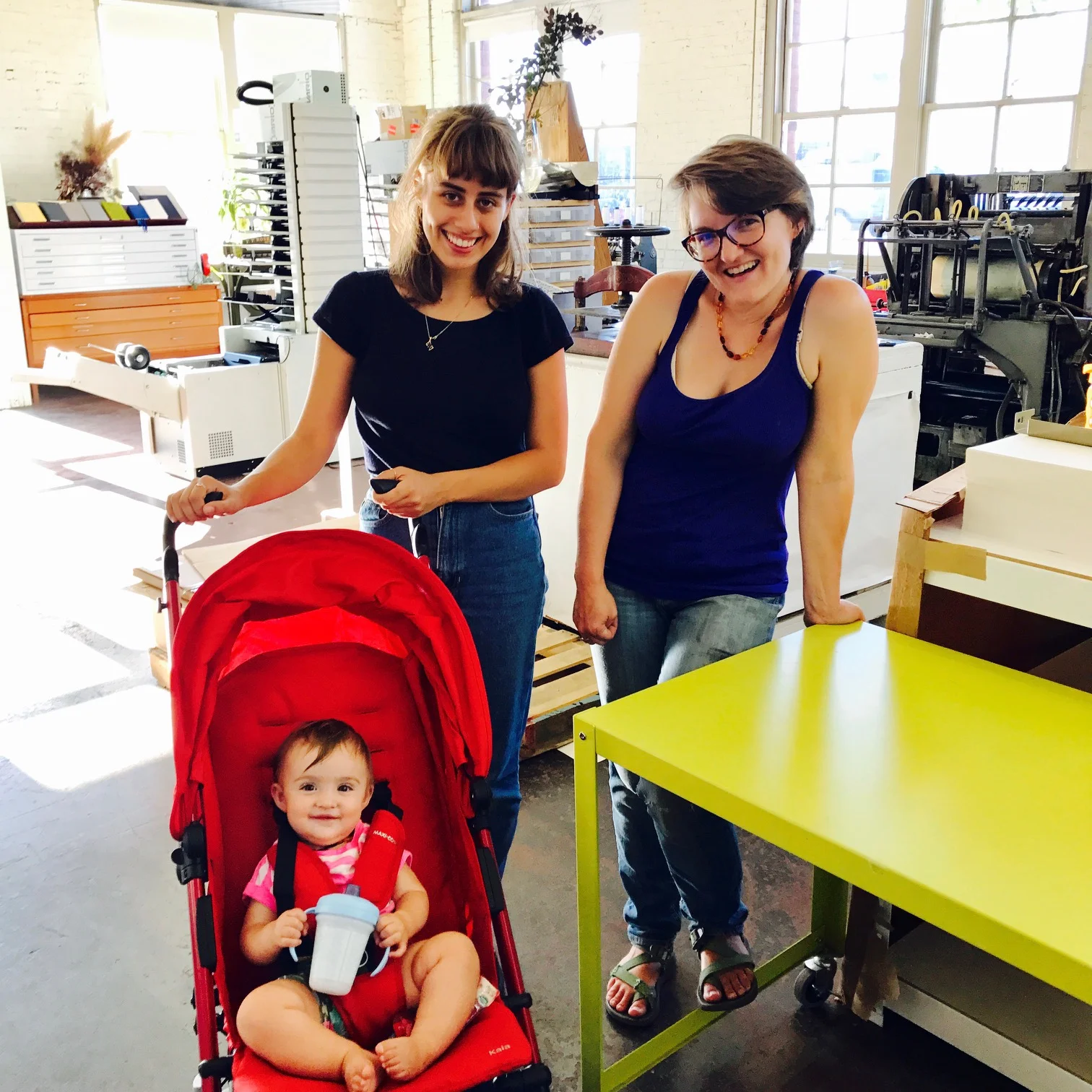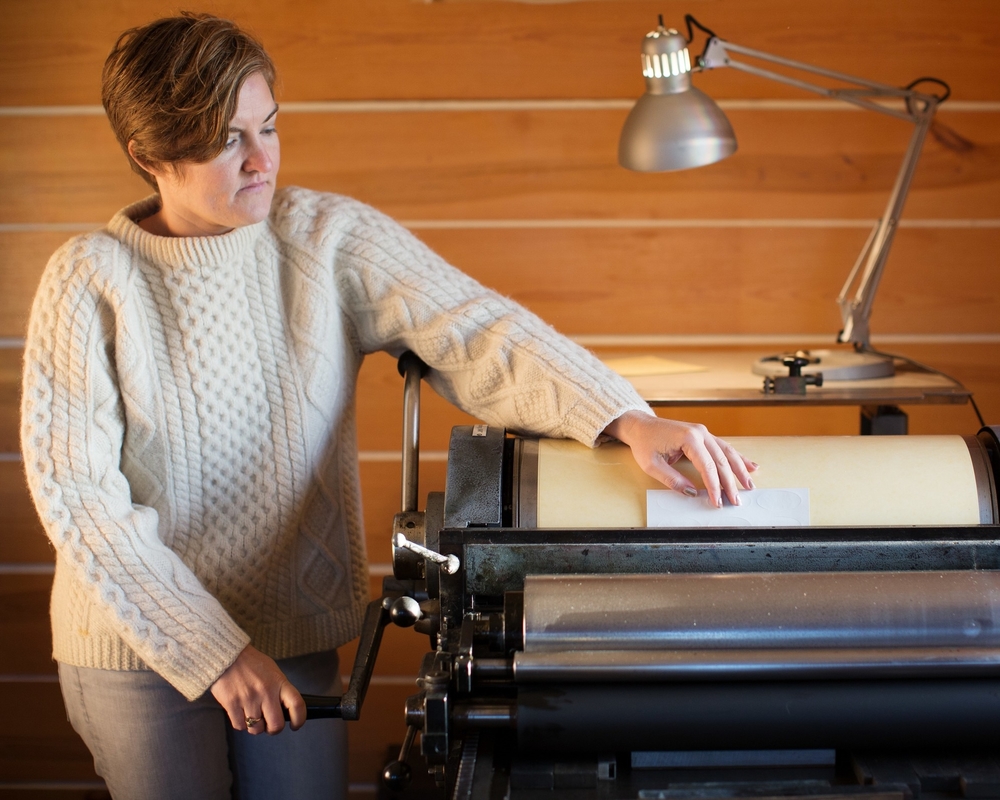“Let’s start an entrepreneurship program!”
Entrepreneurship is the latest buzzword in higher education, and it’s attracting big donors and lots of press. But there’s a part of the story that isn’t getting enough buzz: according to a report by the Small Business Administration, millennials are on track to be the least entrepreneurial generation in history.
The biggest reason they aren’t starting those startups? Financial insecurity. With more alumni shouldering more debt, it’s too risky to take the leap. Higher ed’s new entrepreneurship programs have the same problem that millennials face in every other aspect of their lives. Financial insecurity prevents millennials from doing everything from giving back to their alma maters to buying houses and getting married.
So how can colleges, universities, and independent schools create networks to help this generation of vulnerable entrepreneurs? Should they build out new startup programs? Hire an entrepreneur-in-residence? Host a hackathon? Design an incubator?
What if we tackled the problem that’s preventing millennials from becoming entrepreneurs in the first place? Helping alumni start their careers not only makes it easier for them to start businesses, it also makes it them more likely to give, and improves their opinion of their alma mater.
We saw this story unfold recently on my “home” Switchboard for my alma mater, Reed College.
Emily Johnson is a 2002 Reed alumna who oversees a stable of family businesses. In Nebraska, she’s helped her cattle rancher father build out George Paul Vinegar, which is now being used by top chefs around the world. She comes back to Portland seasonally to run Emprint Press, a letterpress studio. And every fall, Emily partners with Big Table Farm, one of the Willamette Valley’s most respected wineries (recently featured in the New York Times, photos by yet another Reedie, Amanda Lucier ’02), to create custom, letterpress wine labels. Emily is one of the growing number of women entrepreneurs, who are starting businesses at twice the rate of men. This year, however, there was a new addition to the equation: Lula, Emily’s nine-month-old daughter, would be joining her trip to Portland.
Within hours, Emily connected with Flavia, a recent Reed grad, and posted a success story.
This meant Emily could focus on printing those labels. Lula had a new friend in Portland. And Reed received the credit for making that match and helping an alumna entrepreneur succeed. Here they are at the press!
What can we learn from Emily and Flavia’s experience? You don’t need an entrepreneurship program. You need a network to help your community members become and be better entrepreneurs. The ingredients?
Students and alumni have a spectrum of needs at every stage of building their businesses (and every stage of their lives). Meet them where they are.
Start small: big startups usually start small. How are you connecting alumni business owners to opportunities that provide that early support?
Learn about the specific challenges facing women entrepreneurs. Childcare needs, limited access to financing, and increased student debt are just a few that make this population unique.
Collect and share success stories. Choose a way to document and publicize these interactions. These may be the most powerful indicators of the strength of an alumni network.
Customize programming. Once your network of business owners is gathered, create programs and services that connect its members to one another. Meetups, workshops, and support for business owners is one of the easiest ways to support your community.
Many of our student and alumni entrepreneurs’ needs are simple. Too often, formal entrepreneurship programs become so complicated that they miss the mark. Emily’s story reminds us that we should ask our constituents what they need before we try to come up with solutions to their problems. Sometimes all we need to do is connect them with someone who already has the answer.



